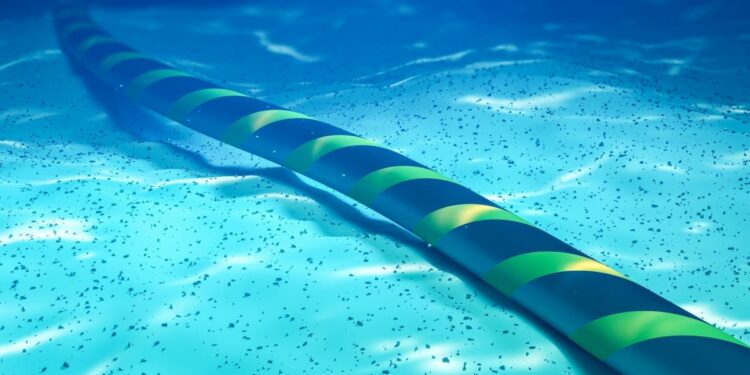When you buy through links on our articles, Future and its syndication partners may earn a commission.
Credit: Shutterstock
A fiber-optic internet cable connecting Finland to Germany and another between Lithuania and Sweden, both running under the Baltic Sea, were cut within 24 hours of one another. While accidental damage on undersea cables happens, CNN says these are rare events. So the near-simultaneous disruption of two cables around 65 miles apart is a sign of sabotage, says German Defense Minister Boris Pistorius.
“Nobody believes that these cables were accidentally severed,” said Pistorius. “We have to know that, without knowing specifically who it came from, that it is a hybrid action, and we also have to assume that, without knowing by whom yet, that this is sabotage.” The Finnish and German foreign ministers issued a joint statement, saying “the fact that such an incident immediately raises suspicions of intentional damage speaks volumes about the volatility of our times.” They also add, “Our European security is not only under threat from Russia’s war of aggression against Ukraine but also from hybrid warfare by malicious actors.”
Nobody believes these cables were accidentally severed
These events came a few months after NATO warned that Russia was developing strategies to disrupt the global internet, with the latter mapping undersea fiber-optic cables as future reference. Right before the suspected sabotage occurred, the US government allowed Ukraine to use long-range US weapons to attack targets in the Kursk region inside Russia, enflaming tensions further and heightening suspicions of Russian involvement.
In recent history, this isn’t the first such act of internet sabotage in NATO: France suffered fiber-optic cable sabotage during the Olympic games in Paris. There are also other reports of acts of sabotage, like arson, cyberattacks, and even bombings, that happened within NATO’s borders during the past few years.
Despite these attacks, internet disruption remains limited. Telia Lithuania, the company that runs the Lithuania-Sweden cable, says the damaged cable handled about a third of Lithuania’s internet capacity. That traffic has already been restored, even though the cable is yet to be repaired. Cinia, the company behind the Finland-Germany fiber-optic cable, also confirmed that service through that line was down. It also said that its telecommunications network is run through multiple links, thus limiting disruption.
Still, Western nations plan to secure their undersea communications while cutting out companies with links to current adversaries like Russia and China. After all, keeping lines of communication is key for effective coordination, and one of the opening moves of any offensive is to disrupt it. Ensuring that the front lines and headquarters can communicate could mean the difference between holding an incursion back by routing reserves to where they’re needed or allowing a division to steamroll through an area because your troops aren’t where they need to be.
Source link : http://www.bing.com/news/apiclick.aspx?ref=FexRss&aid=&tid=673e5d249b7742cc9e9b9e20eb52850d&url=https%3A%2F%2Fwww.yahoo.com%2Fnews%2Ftwo-undersea-internet-cables-connecting-152444701.html&c=9842314268011556194&mkt=en-us
Author :
Publish date : 2024-11-19 21:36:00
Copyright for syndicated content belongs to the linked Source.


